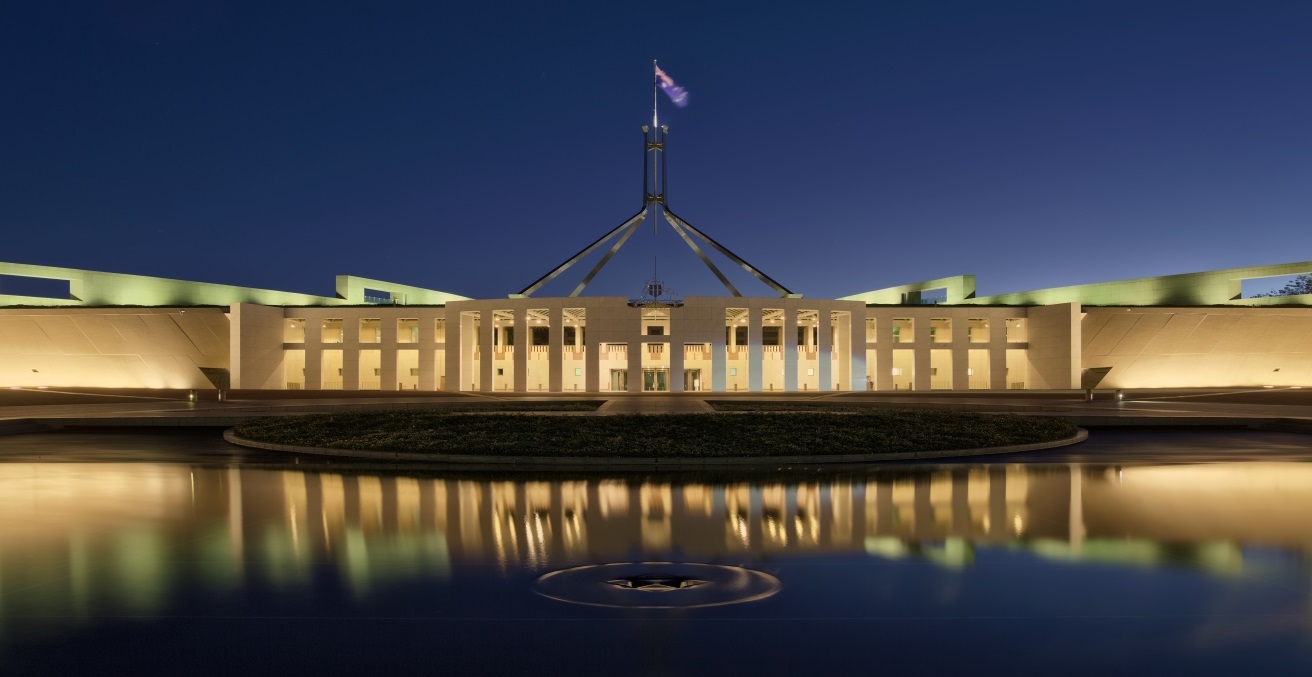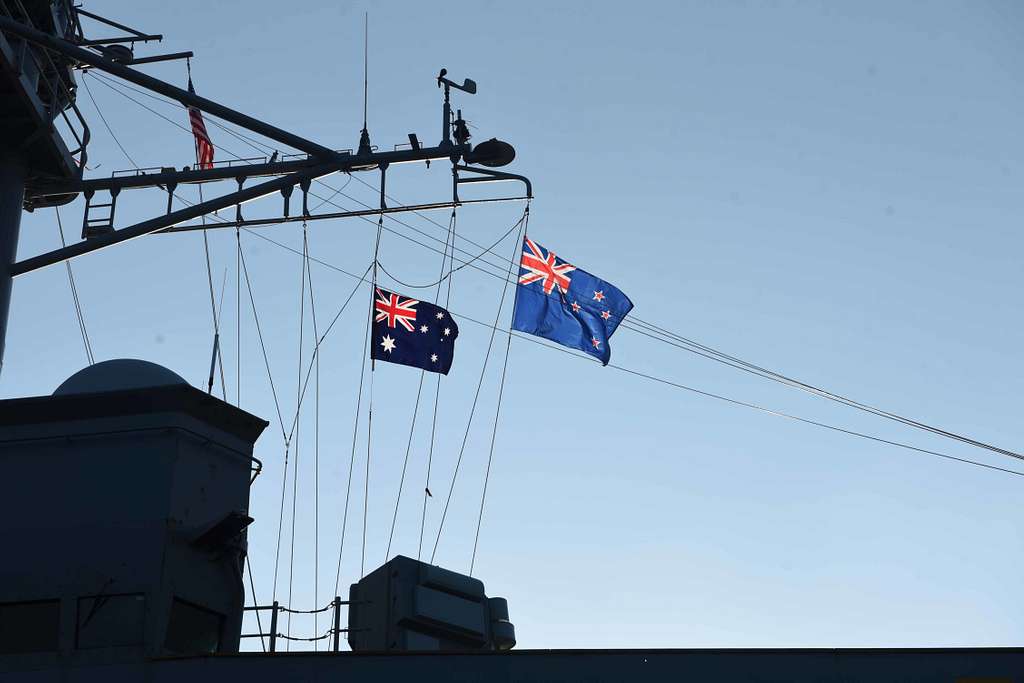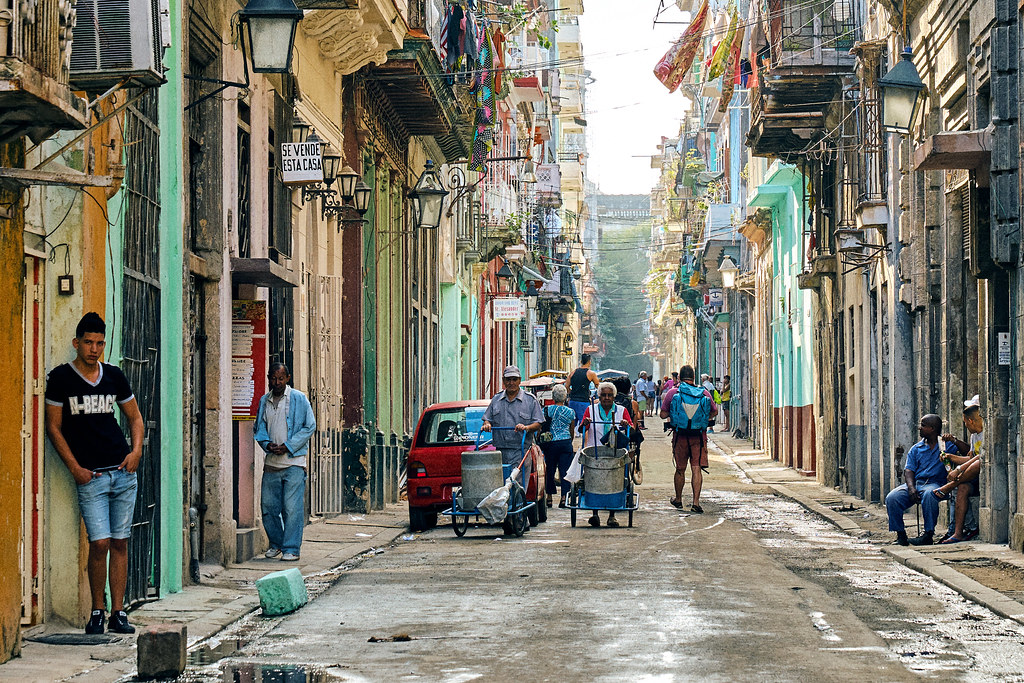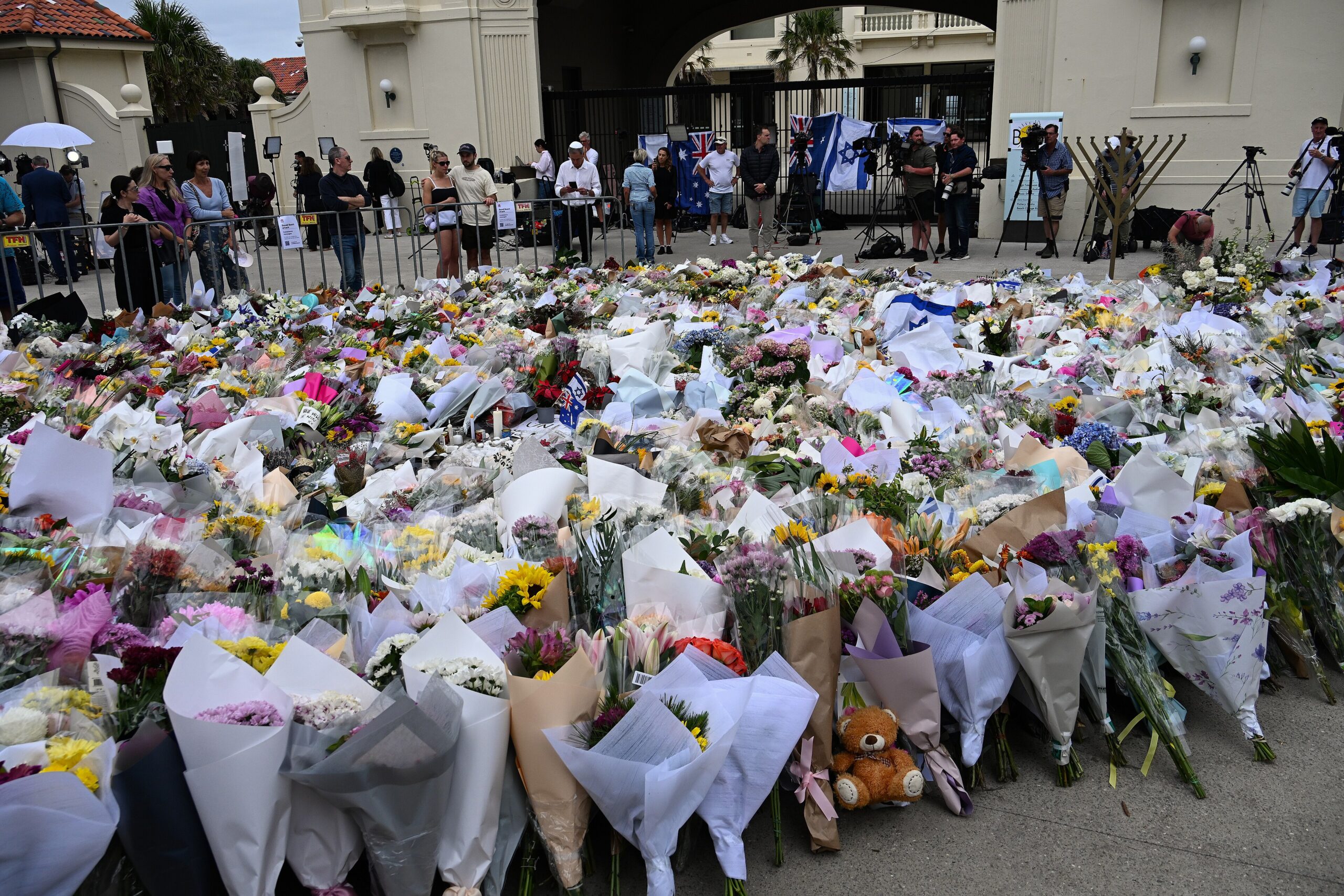This week in Australian foreign affairs: Australia makes historic recognition of the State of Palestine in coordinated international effort for two-state solution; launch of global declaration to protect humanitarian workers joined by over 100 countries; Tongan Royal Family visits Australia strengthening Pacific partnerships, and more.
From 18 to 24 September, the Australian Government welcomed the historic visit of His Majesty King Tupou VI and Queen Nanasipau’u of Tonga, marking a significant milestone in Australia-Tonga relations as the nations work to strengthen their partnership and shape a peaceful, stable and prosperous Pacific. His Majesty and Australia’s Governor-General, Her Excellency Sam Mostyn AC, alongside Tongan Deputy Prime Minister Dr Taniela Fusimālohi and Australia’s Attorney-General the Hon Michelle Rowland MP, witnessed the signing of a statement of intent that commits Australia and Tonga to elevating their bilateral partnership through a comprehensive and enduring agreement known as Kaume’a Ofi. Kaume’a Ofi means ‘close friends’ and signifies warmth, trust, mutual respect, dependability and shared values. Australia and Tonga also signed a Memorandum of Understanding on Cyber Cooperation to support both countries in protecting national security, managing cyber threats and harnessing emerging technologies. The royal visit celebrated the depth of cultural and personal connections between the two countries spanning 200 years, with His Majesty recognising Tongan Australians who helped in the 2022 Hunga-Tonga-Hunga Ha’apai volcano disaster with Royal Order of the Crown of Tonga and Coronation Medals.
On 21 September, Prime Minister Anthony Albanese announced that the Commonwealth of Australia formally recognised the independent and sovereign State of Palestine, effective immediately. Australia’s recognition, alongside Canada and the United Kingdom, formed part of a coordinated international effort to build new momentum for a two-state solution, starting with a ceasefire in Gaza and the release of hostages taken in the October 7, 2023 atrocities. “Today’s act of recognition reflects Australia’s longstanding commitment to a two-state solution, which has always been the only path to enduring peace and security for the Israeli and the Palestinian peoples,” the Prime Minister stated. The recognition came with clear requirements for the Palestinian Authority, including the President’s restated recognition of Israel’s right to exist and direct undertakings to Australia, including commitments to hold democratic elections and enact significant reform to finance, governance and education. The announcement emphasised that the terrorist organisation Hamas must have no role in Palestine, while further steps including the establishment of diplomatic relations and opening of embassies will be considered as the Palestinian Authority makes progress on its reform commitments.
On 22 September, Australia launched the Declaration for the Protection of Humanitarian Personnel at a ceremony at the United Nations in New York, joined by more than 100 countries representing more than half of the UN membership. Following a year-long diplomatic effort to drive global action to protect humanitarian workers in conflict zones, the ceremony honoured Australian aid worker Zomi Frankcom and the 674 humanitarian personnel killed since the start of 2024. The participating countries, including Brazil, Colombia, Indonesia, Japan, Jordan, Sierra Leone, Switzerland and the United Kingdom, who partnered with Australia to develop the Declaration, pledged to new concrete measures to keep humanitarian personnel safe and enable their lifesaving work in conflict and disaster zones. These measures include commitments to facilitate access and protect humanitarian personnel, ensure faster and more efficient visas and work permits, and new joint training for military personnel and aid workers to protect innocent lives. The Albanese Government committed $15 million in support for practical measures that better protect humanitarian personnel through the UN Department of Safety and Security, UN Office for the Coordination of Humanitarian Affairs and the Red Cross and Red Crescent Movement, with additional funding to Legal Action Worldwide, the Red Family Fund and Humanitarian Outcomes to maintain the Aid Worker Security Database.
Emily Mosley is the Projects and Publications Manager for the AIIA National Office.
This article is published under a Creative Commons License and may be republished with attribution.





